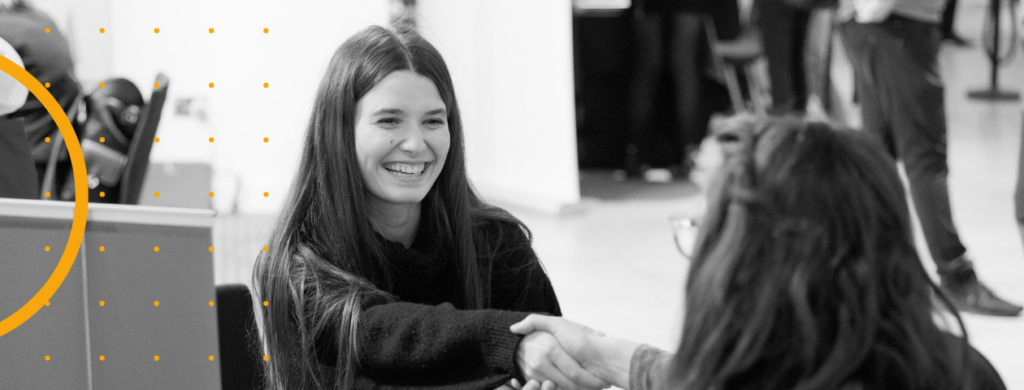
 After US judges defeated Trump’s initial travel ban, last week the president issued a second, adapted version. The latest iteration has a number of significant changes from the one previous, and officials are hopeful that this will enable it to stand up to any legal challenges.
After US judges defeated Trump’s initial travel ban, last week the president issued a second, adapted version. The latest iteration has a number of significant changes from the one previous, and officials are hopeful that this will enable it to stand up to any legal challenges.
The most significant changes are:
- Citizens of Iraq are no longer included in the ban.
- Those who already have the right to enter the USA, via visas or permits, will be exempt.
- Language suggesting that Christian refugees will be given priority has been removed.
- While the refugee programme has still been halted, Syrian refugees will no longer be barred indefinitely.
The revised ban was meant to come into effect 10 days after it was signed, however a federal district court judge in Hawaii issued a temporary restraining order (TRO) against it yesterday, forcing a nationwide-halt just hours before it was set to take effect.
Of the TRO, Trump diplomatically said:
“We’re going to fight this terrible ruling. We’re going to take this as far as we need to, right up to the Supreme Court. I think we ought to go back to the first one and go all the way… We’re gonna win it, we’re gonna win it.”
Higher education’s reaction
Higher education officials across the world condemned the original travel ban and this new version, despite a number of small improvements, has done little to ease the sector’s worries.
15,000 out of a total of one million international students in the USA will be affected by this new order, and a significant number of academic staff will also be affected. The vast majority of these come from Iran.
Last time, the fear and uncertainty created by the announcement led to universities warning students and staff not to leave the country. This time, the exclusion of those with valid visas should stop this occurring, but that one small amendment is doing little counteract the negative consequences of the bill.
The president of the Association of American Universities, Mary Sue Coleman, said of the new order:
“Like its predecessor, [the order] poses a fundamental long-term threat to America’s global leadership in higher education, research, and innovation.”
In Europe, the secretary general of the European University Association, Lesley Wilson, said:
“Closing off borders is counter to the ethos of universities and obstructs research and the crucial circulation of people. Movement is vital for knowledge and we must stand in favour of open borders and the flow of ideas.”
 The damage to the higher education sector in the USA is likely to be significant. Not only is it very likely that international student numbers from these six countries will fall significantly, but students from other nations may also choose to look elsewhere for their studies. The overriding message of this travel ban has left many feeling unwelcome and regardless of how often the US government claims otherwise, it reads like an attack on a particular religion.
The damage to the higher education sector in the USA is likely to be significant. Not only is it very likely that international student numbers from these six countries will fall significantly, but students from other nations may also choose to look elsewhere for their studies. The overriding message of this travel ban has left many feeling unwelcome and regardless of how often the US government claims otherwise, it reads like an attack on a particular religion.
Any downturn in international student numbers could harm institutions, rob the USA of valuable talent and have a direct economic impact. Indeed, around 39% of universities in the country have already reported declines in undergraduate applications from the Middle East, according to a recent survey.
The world’s most popular higher education destination could rapidly lose its title.
Protecting the people?
The order has garnered a great deal of criticism, because the countries in question all have a majority of Islamic citizens. Many see it as a direct attack on that religion. The US attorney general defended the order by stating:
“This executive order seeks to protect the American people as well as lawful immigrants by putting in place an enhanced screening and vetting process for visitors from six countries. Three of these nations are state sponsors of terrorism. The other three have served as safe havens for terrorists…”
Interestingly though, Saudi Arabia, the country from which most of the 9/11 terrorists came, is not included in the ban. This has, of course, nothing to do with the many business deals the president has with the country. After all, he is putting nothing above the safety of the American people, and certainly not money.
The temporary restraining order means that another hearing will take place shortly; aimed at establishing if the order will be extended. It seems likely that the US’s justice department will appeal against the ruling.



